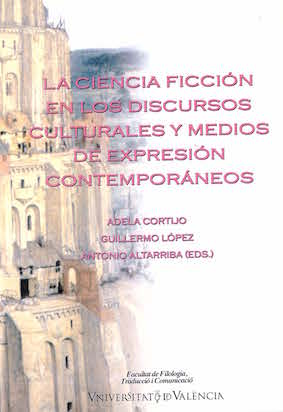Lost in science-fiction: the prelude to A. A. Attanasio’s Solis as a contemporary science-fiction reader’s guide
DOI:
https://doi.org/10.7203/qf-elit.v14i0.4024Keywords:
metafiction, narratology, possible worlds, science-fiction Abstract
Abstract
This article is envisaging the question of how contemporary SF is dealing with the genre’s founding features – estrangement, cognition and the novum – in the preface to the novel Solis by the American writer A. A. Attanasio. We used to read SFto experience some preliminary estrangement before the feeling of loss got resolved through a cognitive process. This much still qualifies contemporary SF and has even been enhanced. Yet we will aim at demonstrating that the loss felt – and demanded – by the reader tends to be displaced on the metafictional level, characterizing the very condition the story itself is being told. Attanasio willfully plays on this in a puzzling text that can only be understood as a misleading attempt at fictionalizing its own genesis while muddling the novel’s initial plot.
 Downloads
Downloads
Downloads
How to Cite
-
Abstract140
-
PDF (Español)101
Issue
Section
License
 Este obra está bajo una licencia de Creative Commons Reconocimiento-NoComercial-SinObraDerivada 4.0 Internacional.
Este obra está bajo una licencia de Creative Commons Reconocimiento-NoComercial-SinObraDerivada 4.0 Internacional.
Authors who publish with this journal agree to the following terms:
- Authors retain copyright and grant the journal right of first publication with the work simultaneously licensed under a Creative Commons Attribution License that allows others to share the work with an acknowledgement of the work's authorship and initial publication in this journal.
- Authors are able to enter into separate, additional contractual arrangements for the non-exclusive distribution of the journal's published version of the work (e.g., post it to an institutional repository or publish it in a book), with an acknowledgement of its initial publication in this journal.
- Authors are permitted and encouraged to post their work online (e.g., in institutional repositories or on their website) prior to and during the submission process, as it can lead to productive exchanges, as well as earlier and greater citation of published work (See The Effect of Open Access).



